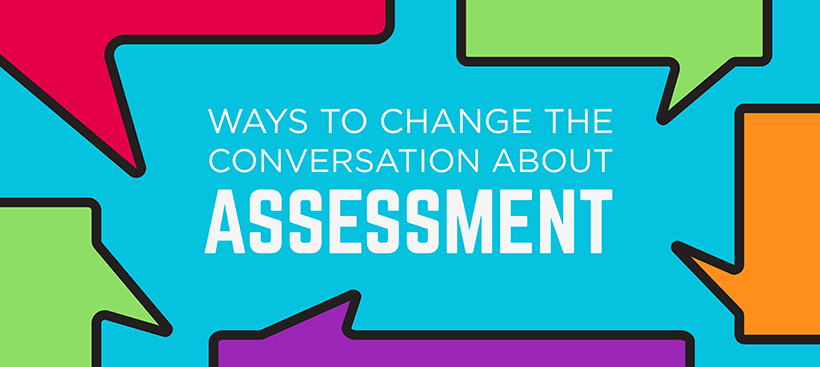From the NCTE Standing Committee on Literacy Assessment
This post was written by NCTE member Eric D. Turley, a member of the NCTE Standing Committee on Literacy Assessment.
After reading part one of Cathy Fleisher and Antero Garcia’s book Everyday Advocacy: Teachers Who Change the Literacy Narrative, I was ready to put the book down and get to work. But I’m glad I didn’t, because parts two and three of the book present over a dozen teacher-narratives sharing the lived experiences of six to twelve literacy educators and English educators engaging in local advocacy projects and changing the narrative around literacy and literacy education.
Throughout their book Fleisher and Garcia encourage teachers to embrace “advocacy knowledge” as part of teacher identity in addition to content and pedagogical knowledge. They offer a three-part framework to help teachers understand how to challenge and change narratives around literacy education.
Beginning with narratives that surround literacy educators’ work, Fleisher and Garcia ask teachers to consider who tells these stories and encourages teachers to embrace the role of “knowledgeable narrators.” Then they challenge teachers to consider how issues are framed within stories and how teachers might reframe stories to appeal to specific audiences. Finally, they encourage teachers to claim advocacy “with a small ‘a’ ” whereby teachers design and put in place action plans that are responsive and malleable to a specific context, not a one-size fits all approach.
As a member of NCTE’s Standing Committee on Literacy Assessment, I read Everyday Advocacy and started writing down questions as they relate to my school and our teaching and assessing of reading and writing. Here are a few:
- What are the narratives around literacy learning in my school?
- How are the goals of our assessment practices understood by students, parents, and the school board? (And in some cases, what are the goals of our assessment practices?)
- In light of our new ninth- and tenth-grade curriculum adoption this summer, how are we assessing the success/weaknesses of our new curriculum? Who will we share these discoveries with and how will we make further adjustments?
- All ninth-grade to eleventh-grade students are using portfolios in their English classes for the first time. Do the students understand the value of goal setting and self-assessing their reading and writing? Do we, as an English department, see increased engagement and self-directed learning within our students?
- Are our literacy assessments equitable? What unintended consequences exist within our assessment practices that might alienate or disempower our students?
Currently these are just questions, but they can also be starting points to action plans. Fleisher and Garcia provide a structure for teachers to take questions like these and move them into action plans that understand the background of these issues, identify the best strategy to make change, and implement tactics to bring about change.
I have my work cut out for me. Fleisher and Garcia helped me to think about advocacy work as an act of engagement with those in my school community and larger community. The teachers featured in the book showed me the multiple and sometimes messy ways to approach this work.
As I think about my next steps, I plan to share Everyday Advocacy with others in my department. I will need some collaborators, cheerleaders, allies, and accountability partners in this work, but if teachers don’t create and/or change the literacy narrative, who will?
 Eric D. Turley is a high school English teacher at Kirkwood High School in Missouri. He coauthored (with Chris Gallagher) Our Better Judgment: Teacher Leadership For Writing Assessment (NCTE Press 2012) and is a past recipient of CCCC’s James Berlin Outstanding Dissertation Award.
Eric D. Turley is a high school English teacher at Kirkwood High School in Missouri. He coauthored (with Chris Gallagher) Our Better Judgment: Teacher Leadership For Writing Assessment (NCTE Press 2012) and is a past recipient of CCCC’s James Berlin Outstanding Dissertation Award.
It is the policy of NCTE in all publications, including the Literacy & NCTE blog, to provide a forum for the open discussion of ideas concerning the content and the teaching of English and the language arts. Publicity accorded to any particular point of view does not imply endorsement by the Executive Committee, the Board of Directors, the staff, or the membership at large, except in announcements of policy, where such endorsement is clearly specified.

